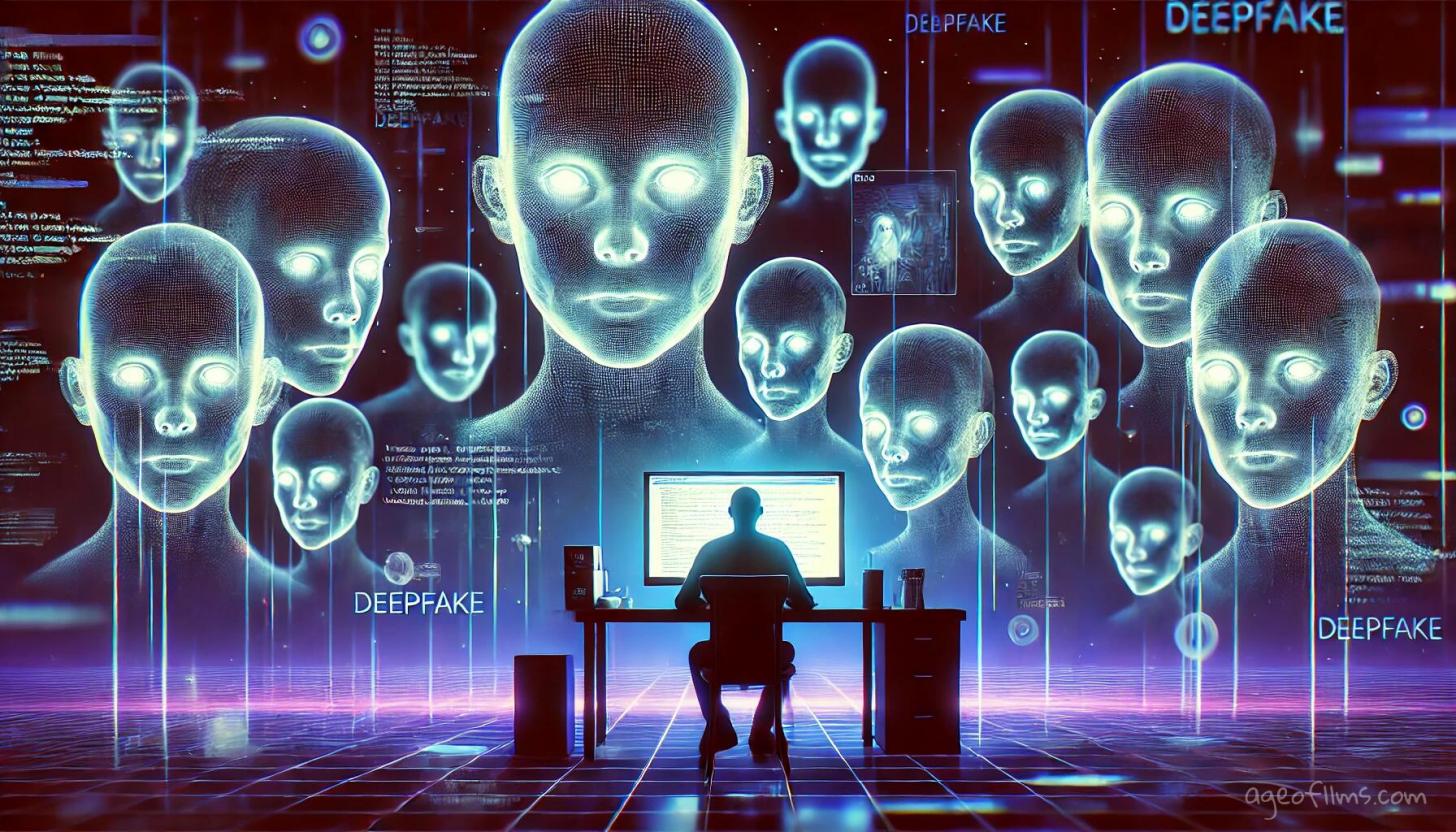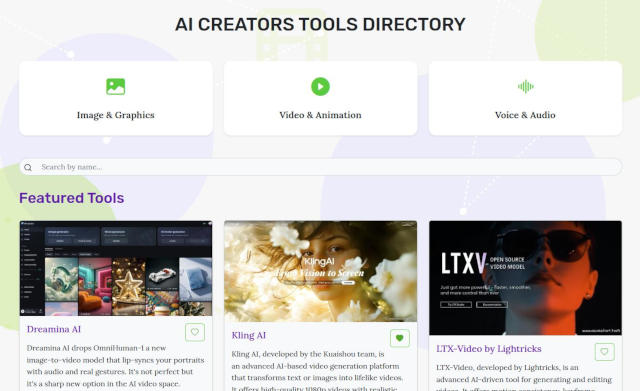Digital IDs and the Inevitable Future? UK's Memorandum with Anthropic
Key Points:
- The UK signed a deal with Anthropic
- The partnership focuses on “responsible AI” and digital identity systems
- Digital IDs are being sold as a way to reduce fraud and boost efficiency but may limit user control
- AI-driven economic growth projections sound great but lack real-world clarity
- Governments and big tech shaping our digital lives often means we lose control

So UK signs a so-called memorandum of understanding with Anthropic, the AI company that popped up a few years ago and now plays in the same space as OpenAI backed by none other than Amazon and Google.
Anthropic calls itself a public benefit company meaning it’s supposed to balance making money with doing good. Their AI Claude follows something called *Constitutional AI* which kind of sounds like they just slapped a powdered wig on an algorithm and told it to be polite. Mind you, Claude is extremely polite and overall a lovely 'chap' to deal with.
But this isn’t just about AI - it’s also about digital identity. Because nothing says progress like giving the government and private companies even more control over verifying who you are online.
If the big shots pushing this vision are to be believed digital IDs will make life so much better. The Tony Blair Institute claims AI growth could inject £100 billion into the UK economy by 2040 as if we even know what an “AI-powered economy” will actually look like. Meanwhile companies like Yoti and iProov - who just happen to be in the ID verification business - say digital IDs will cut fraud speed up authentication and generally make life smooth - Bometricupdate.com reports.
Sure that sounds nice but let’s be real. When something becomes too smooth that usually means opting out isn’t really an option.
The Fine Print Matters
AI is here digital IDs are coming and there’s likely no stopping this train. But if governments and tech giants are shaping the systems that will decide how we access public services verify our identities and function in daily life we should at least admit what’s at stake. History has shown us that when tech firms and politicians get cozy citizens are the ones who pay the price—usually in personal data privacy and a growing dependence on systems we don’t control.
So yeah enjoy the convenience but pay attention to what you’re giving up. Because if the past decade has taught us anything it’s that every step toward a frictionless future comes with strings attached.
And speaking of algorithms let’s talk about the Dead Internet Theory. You’ve probably heard whispers of it—the idea that the internet as we knew it is long gone replaced by AI-generated noise fake engagement and bots pretending to be people.
Welcome to the AI-Filled Internet?
It’s not just spam bots anymore. We’re dealing with deepfakes AI influencers and synthetic personalities designed to keep us scrolling buying and believing things that might not even be real.
AI-powered accounts are already flooding forums dropping eerily human-like product reviews and pushing misinformation with conversations that feel too real. Big tech companies and small entrepreneurs are releasing their own AI agents, which can perform tasks online without (or almost without) any human involvement. Social media is packed with fake influencers—AI models with AI voices selling products and landing brand deals like they’re actual celebrities. AI-written news blends propaganda with journalism and customer service bots apologize for “your frustration” while making it impossible to reach a real person.
So Who’s Actually Online?
At what point do we stop asking if the content we’re reading is fake and start questioning whether the people posting it ever existed at all?
The UK’s push for AI-powered digital identity sounds like a fix. A system that guarantees everyone online is who they say they are. But here’s the problem—if AI can generate entire identities realistic enough to fool people who’s making sure the verifications aren’t just rubber-stamping more bots into the system?
If AI can create people who don’t exist how do we even define identity anymore?
We may be heading toward an online world where human interaction is optional and AI controls the conversation. The scariest part? The Dead Internet Theory might not be a warning about the future—it might already be true and we just haven’t realized it yet.
Published: Feb 18, 2025 at 3:33 PM
Related Posts

AI Body Swapper: Mimo by Alibaba
30 Sep 2024

